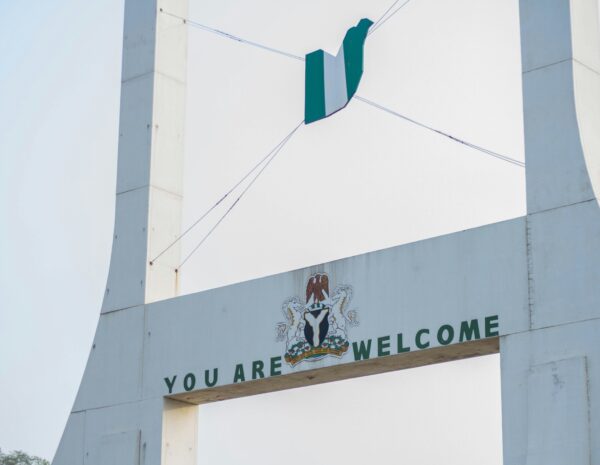The Nigerian National Assembly plays a crucial role in the nation’s governance. A bicameral body, it consists of the Senate and the House of Representatives. Various committees are essential components of this legislative framework. Committees are established under the authority of the Standing Orders of the Senate or the House of Representatives. The Standing Orders act as the rulebook guiding legislative procedures and activities.
Types and Roles of Legislative Committees in the Nigerian Assembly
The Nigerian Assembly’s supervision duties are outlined in Sections 88 and 89 of the 1999 Constitution. Committees are a key part of carrying out these duties. They’re essential to maintaining official oversight and governance. These committees play a crucial role in monitoring government operations and looking into matters relevant to their particular jurisdiction. Their investigative responsibilities entail:
- Arranging hearings
- Obtaining records
- Calling witnesses to testify on key topics, including national security and public expenditure
With these key responsibilities, committees support the checks and balances and make sure that executive acts comply with the law and public interest. Committees encourage transparency and accountability in the Nigerian government.
Lawmaking Functions of Legislative Committees in the Nigerian Assembly
In the realm of lawmaking, legislative committees play a fundamental role in Nigeria. Committees thoroughly review legislation before it is presented to the full assembly for debate and voting. They conduct a detailed examination and amendment of bills. This process helps ensure that proposed laws are coherent, feasible, and in the nation’s best interest.
Beyond reviewing bills, committees engage with various stakeholders relevant to the government. This might include subject matter experts, civil society, and the general public. Committees gather insights and feedback from these key stakeholders, which is then used to inform their revisions and recommendations. This scrutiny streamlines the legislative process and enhances the quality of legislation passed.
Types of Legislative Committees in the Nigerian Assembly
Standing Committees
Standing committees are permanent fixtures in the Nigerian Assembly. Each standing committee focuses on a specific policy area. These committees exist in both the Senate and the House of Representatives. They play a critical role in managing key government functions, such as health, education, and foreign affairs. For instance, the Committee on Agriculture deals with policies and issues related to agricultural development and food security. The Committee on Communication oversees matters related to information technology and telecommunications. Standing committees allow for sustained oversight and expertise development in their respective areas. Find more information about current standing committees here.
Ad Hoc Committees
By contrast, Ad hoc committees are temporary. Ad hoc committees are established on a short-term basis, in order to address specific issues or conduct investigations. They tackle emergent issues that require immediate attention and are not within the purview of existing standing committees. Examples of ad hoc committees include the 9th Assembly’s Committee on the Petroleum Industry Bill and the Committee to Probe the Central Bank of Nigeria’s Anchor Borrowers, Ways, and Means. Once they achieve their objectives or report their findings, ad hoc committees dissolve.
Special Committees
Special Committees are another crucial type of committee within the Nigerian legislature. Unlike standing and ad hoc committees, special committees can be established for a variety of purposes, including dealing with specific functions of that do not fall under regular legislative oversight. These can include ethical matters or procedural rules. Other unique legislative concerns that require dedicated attention beyond the usual scope of other committees may also require the establishment of a special committee.
Using Plural to Monitor Nigerian Legislative Assemblies
For public policy or government relations teams, keeping up-to-date with Nigerian legislative committees is crucial. Their roles in oversight, investigation, and lawmaking are critical in shaping effective, responsive, and transparent governance.
Tools like Plural enhance the ability to engage with and influence these processes. Our sophisticated software is an invaluable tool for monitoring and collaborating on public policy. Plural empowers key stakeholders and promotes more informed and active civic participation. With Plural, users can access real-time updates on committee activities, bills, and other parliamentary proceedings.
With Plural, you’ll:
- Access superior public policy data
- Be the first to know about new bills and changes in bill status
- Streamline your day with seamless organization features
- Harness the power of time-saving AI tools to gain insights into individual bills and the entire legislative landscape
- Keep everyone on the same page with internal collaboration and external reporting all in one place




